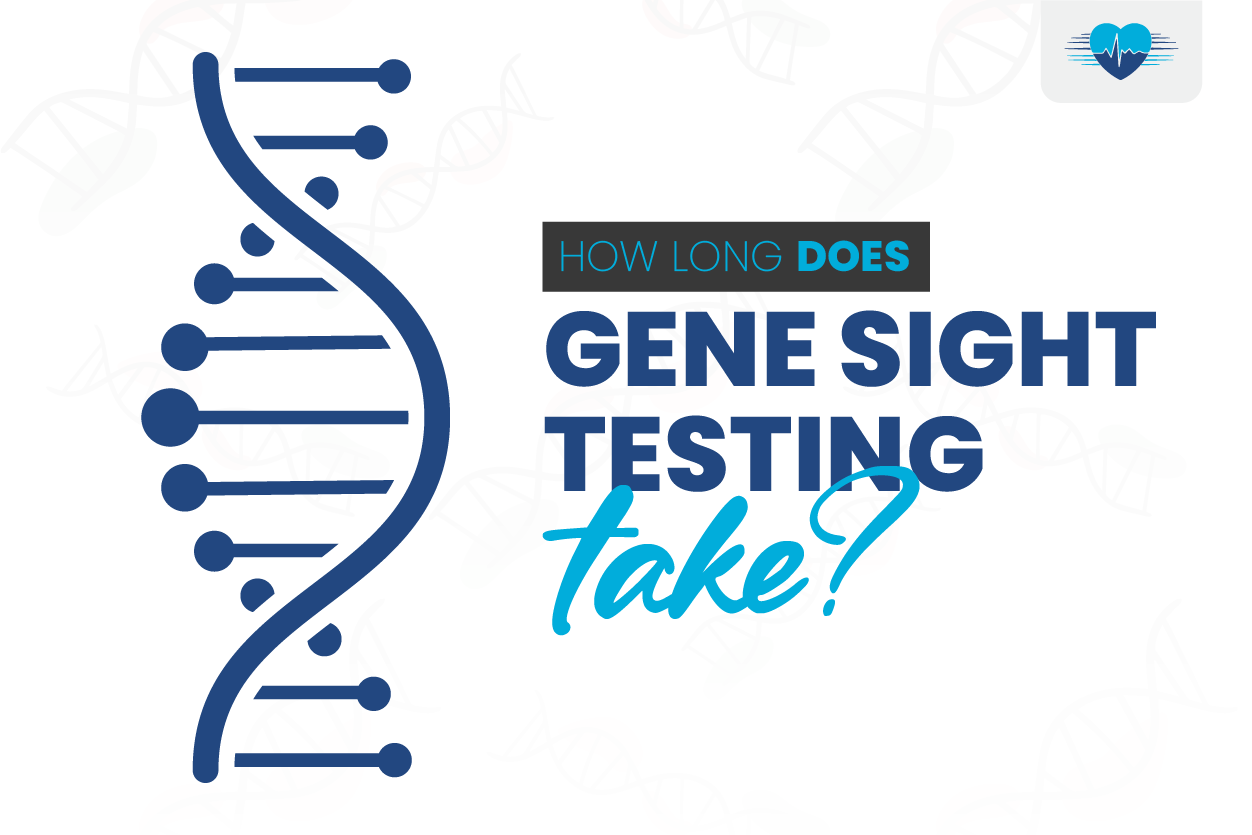How Long Does Genetic Testing Take?
Genetic testing is a medical procedure for detecting changes in genes, chromosomes, or proteins.
Its results can confirm or rule out the presence of a suspected genetic disorder, as well as assess the likelihood of inheriting or transmitting such a condition.
There are currently over 77,000 genetic tests available, with more being developed all the time.
At Today Telemedicine, we are committed to providing individualized care and use genetic testing to look deeply into finding the root causes of your health problems.
However, many people are curious about the timeline for genetic testing, from initial consultation to receiving results.
Let us look at How Long Does Genetic Testing Take?
What Does Genetic Testing Show?
Genetic testing checks for alterations in genes that can cause genetic disorders or increase the risk of certain health issues, such as cancer. Some genetic conditions run in families.
People undergo genetic testing to find out if they have these gene changes or if they can pass them on to their kids.
Genetic counselors assist individuals in choosing tests and understanding the results.
Genetic testing looks for changes in:
- Genes: These tests examine DNA sequences to find variations (mutations) that can cause genetic disorders or increase the risk of them. They can focus on specific genes, individual DNA building blocks, or a person’s entire genome.
- Chromosomes: Chromosomal tests analyze whole chromosomes or long stretches of DNA to detect large genetic changes, like extra copies of chromosomes that lead to genetic conditions.
- Proteins: These tests measure the amount or activity level of proteins or enzymes. Abnormalities in proteins can signal changes in DNA that cause genetic disorders.
How Long Does Genetic Testing Take?
The time it takes to get your genetic test results depends on a few things:
Type of Testing
Different tests take different amounts of time to complete. Some tests are faster than others. If the lab is busy, it might take longer.
Lab
Many labs do genetic testing, and each has its own process. How long you wait for results can vary depending on which lab your counselor sends your test to.
Interpretation
Once the results come back, your counselor needs time to understand them based on your medical history. They might need to do more research or talk to other experts.
Appointment Availability
Some counselors can give you results right away, while others might be booked up. It depends on how busy they are.
Usually, some tests take 2-6 weeks, while bigger ones can take months. Counselors try to give results quickly but do not hesitate to ask if you are waiting too long.
What Diseases Can be Detected through Genetic Testing during Pregnancy?
During pregnancy, your doctor might suggest genetic testing if there is a family history of genetic disorders or if you have had a previous fetus or baby with a genetic issue.
Some conditions that can be diagnosed before birth include cystic fibrosis, sickle cell disease, and Tay-Sachs disease.
Here are some screening methods available:
- Alpha-fetoprotein (AFP) test or multiple marker test
- Amniocentesis
- Chorionic villus sampling
- Cell-free fetal DNA testing
- Percutaneous umbilical blood sampling (taking a small blood sample from the umbilical cord)
- Ultrasound scan
These tests help identify potential genetic problems early in pregnancy so you can make informed decisions about your baby’s health.
Is Genetic Testing Covered by Insurance?
Genetic testing examines DNA, RNA, or chromosomes to detect genetic variations associated with health problems.
Insurance typically covers genetic testing, but the cost varies depending on the test type and lab.
Most private insurers cover some or all of the cost, but it is best to check with your insurance company first.
The ACA guarantees that women with specific cancer histories will receive free genetic counseling and BRCA testing.
Insurance companies cannot deny coverage or raise premiums based on the results of at-home genetic tests, but this does not apply to all types of insurance.
In short, your insurance may cover genetic testing, but you should check with your provider to see what is covered and any potential costs.
In conclusion, How long does genetic testing take?
Genetic testing helps detect changes in genes, chromosomes, or proteins related to health conditions.
Results can confirm or rule out genetic disorders and assess the risk of inheriting them.
Testing timelines vary based on the type of test and lab procedures. Insurance may cover genetic testing, but it is important to check coverage details.
Overall, genetic testing informs healthcare decisions and personalized treatment plans.
FAQs
How long does it take to get results from a genetic test?
In general, small single gene or panel tests should take 2-6 weeks to complete, whereas larger exome/genome tests may take months.
How do doctors test for genetic testing?
Genetic testing, for example, can help you diagnose a genetic condition like Fragile X or learn about your risk of developing cancer.
There are various types of genetic tests. Genetic tests are performed on a blood or spit sample, and the results are usually available within a few weeks.
What is the biggest disadvantage of genetic testing?
Genetic testing may have the following disadvantages or risks: Testing may make you feel more stressed and anxious.
In some cases, the results may be inconclusive or uncertain. Negative effects on family and personal relationships.





No comment